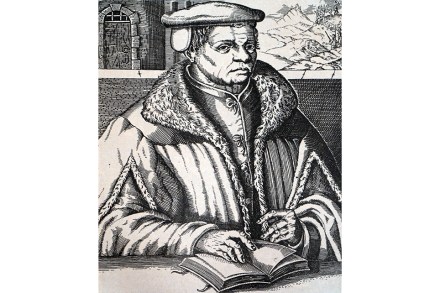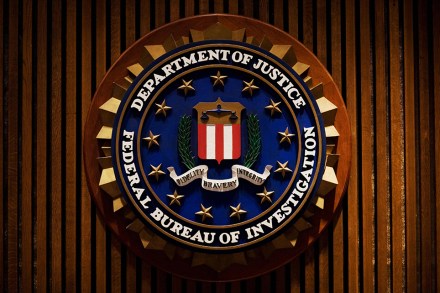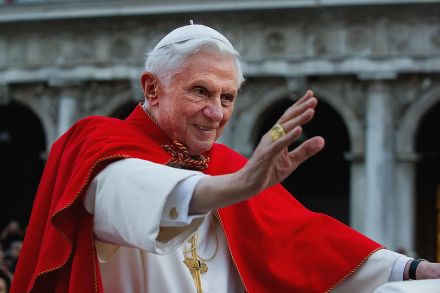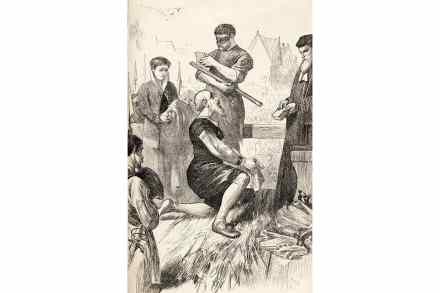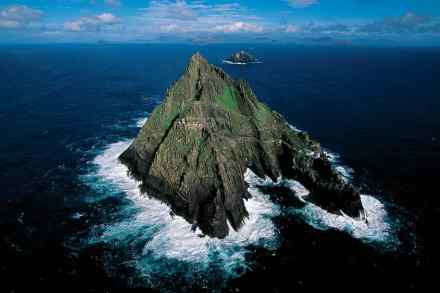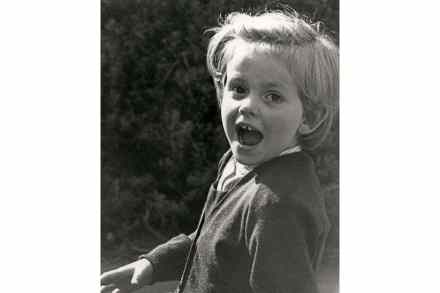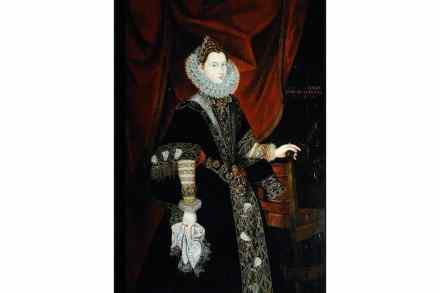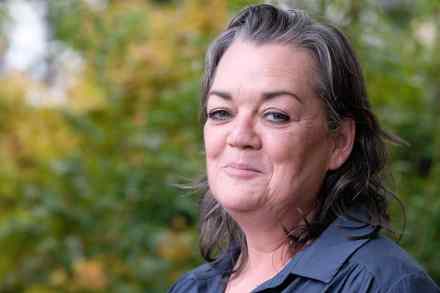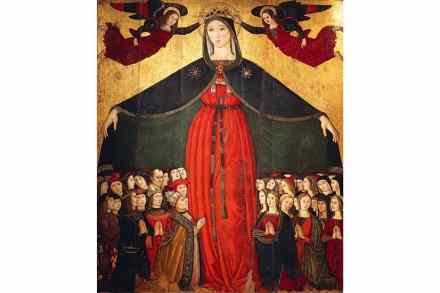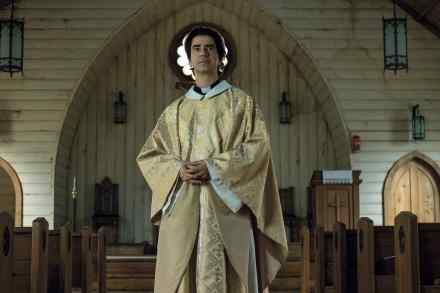We’re serviceless, stateless – and still off grid
You need a personal public service number to get married in Ireland, but in order to get one, you need to be married. It’s one of the most intractable double binds on offer here and it’s very frustrating when you’re trying to beat the Grim Reaper by getting hitched. I got a PPS number when I bought the house in West Cork. My solicitor arranged it. A different but equally bedevilling Catch-22 applied to that. So I thought, all right, I will. I better get married, make a will and prepare for the end In order to buy a house in Ireland I needed a PPS number. But to get




